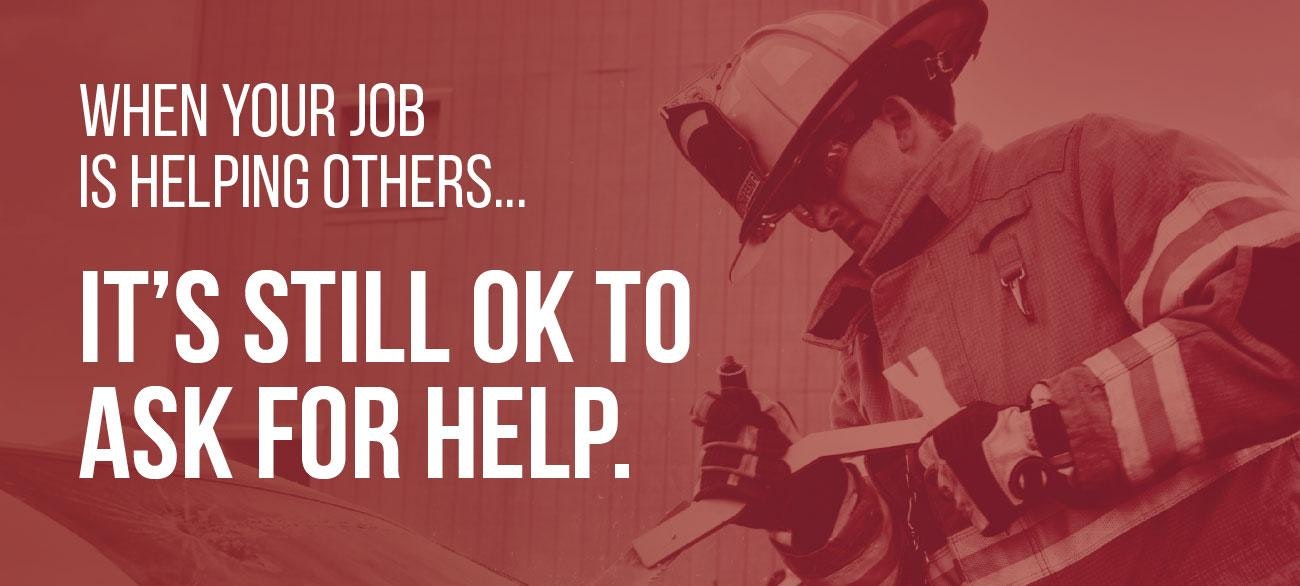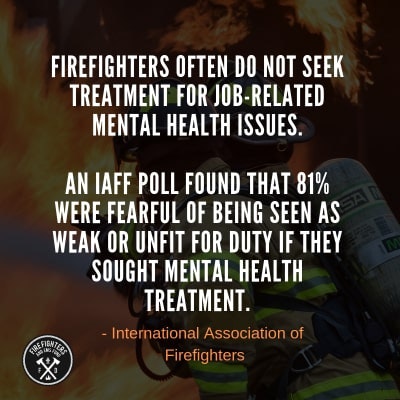Critical Incident Stress Management Training Strengthens LRFD's Peer Support Capabilities

Lookingglass Rural Fire District is proud to announce that two of our members have successfully completed a three-day training course in Critical Incident Stress Management (CISM): Assisting Individuals in Crisis and Group Crisis Intervention. The course was hosted by Adapt Training & Staff Development and taught by Dr. Daniel W. Clark, an expert in psychological crisis intervention and mental health support for emergency responders.
About the Instructor: Dr. Daniel W. Clark
Dr. Clark brings extensive experience to the field of responder mental health. He holds a Ph.D. in psychology and is a retired military psychologist with service at Madigan Army Medical Center and the 98th Combat Stress Control Company. He is the former president of the Washington CISM Network and a nationally recognized instructor for the International Critical Incident Stress Foundation (ICISF). Dr. Clark has trained thousands of first responders and mental health professionals across the country and has responded to numerous major incidents, including the 2014 Oso mudslide where he assisted more than 3,200 personnel in the field.
.jfif?ixlib=rb-1.1.0&w=2000&h=2000&fit=max&or=0&s=95b0c3b08e0ae6501d812eb3f39eb7bb)

Understanding the Need: Mental Strain on First Responders
First responders routinely experience high-stress situations such as line-of-duty deaths, serious injuries, suicides, and large-scale traumatic events. These experiences can take a psychological toll, resulting in:
- Anxiety and depression
- Emotional withdrawal
- Difficulty sleeping
- Substance misuse
- PTSD and suicidal ideation

Without support, these effects can lead to long-term challenges for both individuals and organizations.
How CISM Helps
CISM is a structured, peer-driven model designed to provide psychological first aid following critical incidents. It includes:
- Pre-Incident Education: Prepares responders by normalizing stress responses
- Defusing Sessions: Brief, informal conversations shortly after an incident to reduce initial stress
- Debriefings: Structured group sessions held 24–72 hours after an event to allow responders to process the experience together
- Follow-up Resources: Guidance toward professional mental health resources when needed
CISM is not therapy—it is immediate, short-term support that helps responders recover from traumatic events and regain a sense of control.
Impact on LRFD and the Wider Community
By completing this training, our members are now equipped to provide peer-to-peer support within our department and throughout the region. These skills will help us:
- Address stress reactions early
- Reduce stigma around mental health conversations
- Promote emotional resilience among our volunteers
- Support neighboring agencies during major incidents
.jfif?ixlib=rb-1.1.0&w=2000&h=2000&fit=max&or=0&s=1e4c162c946ed2b0f115998755ccbdfc)
Having trained peer supporters in CISM strengthens the mental wellness of our department and enables us to assist other agencies in times of need.
Lookingglass Rural Fire District remains committed to supporting the health and safety of our responders—not just physically, but mentally as well. We are proud to take proactive steps toward resilience and thank Adapt Training & Staff Development and Dr. Clark for this vital opportunity.
For more information about Dr. Clark and CISM programs, visit www.criticalconcepts.org.
